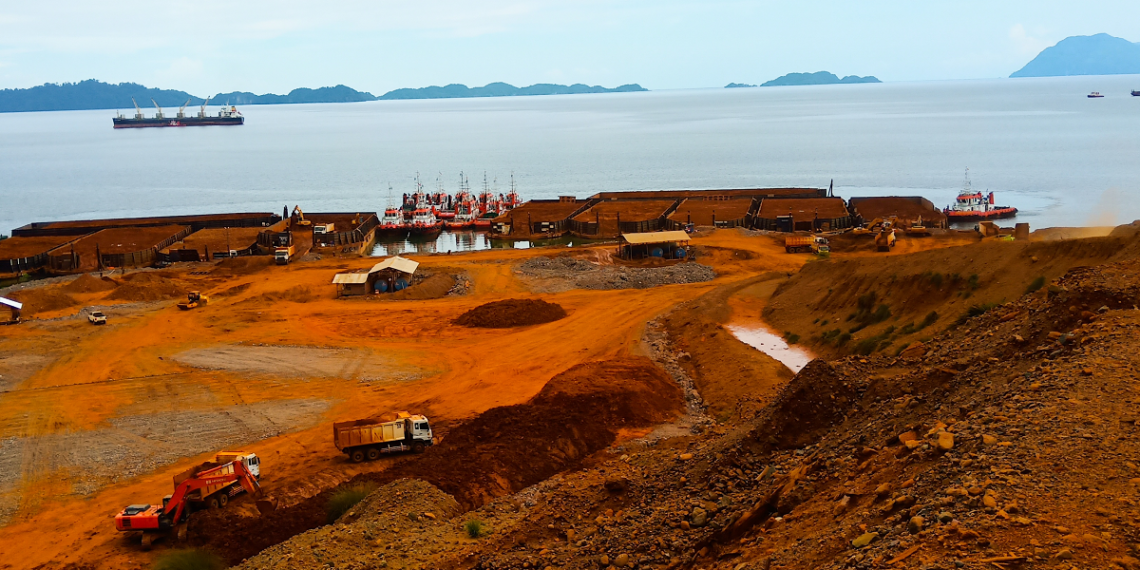Indonesia’s plentiful nickel reserves continue to lure multinational mega-firms, with the country’s investment minister stating that a Glencore led British consortium intends to invest around US$9B into Indonesia’s mining and electric vehicle (EV) battery sectors.
With its monopoly on nickel, the Indonesian Government is working fervently to attract investors and majors, with the goal of developing its own battery supply chain.
While the investment minister did not stipulate the details of the US$9B, he did say it would be used for an industrial park in the Bantaeng region on Sulawesi Island powered by wind energy, with a completion target of September, as reported by Reuters.
The ministry also confirmed the British consortium included significant companies such as Glencore, Indonesian state miner Aneka Tambang, Umicore, and Envision Group.
This news aligns with reports that Indonesia could receive up to an estimated US$31.9B in various investments for developments linked to the battery supply chain by 2026.
To further interest, Indonesia’s government also banned exports of unprocessed nickel ore since 2020 to ensure sufficient supply for potential investors, as well as trying to attract global EV makers such as Tesla and China’s BYD Group.
The country’s attempts to lure in international companies looks successful, as more majors such as Ford Motor Co. turn to Indonesia for the supply of raw materials. The mega-company recently announced that that it is investing in a US$4.5B nickel processing facility, with the aim of securing a supply of key minerals used in EV batteries.
The project also involves PT Vale Indonesia TBK, which controls a significant nickel-mining area on Indonesia’s Sulawesi Island, and China’s Zhejiang Huayou Cobalt Co., a leading refiner.
“This framework gives Ford direct control to source the nickel we need—in one of the industry’s lowest-cost ways.” said Lisa Drake, Ford’s vice president of EV industrialization.
Overall, Indonesia’s investment minister has always made it clear that the country’s intentions are to monopolize on EV materials. Stating in an interview with the Oxford business group, Bahlil emphasized his interest in the EV industry, explaining that the country has emerged as a strong lead in the green revolution, and EVs offer considerable growth potential for Indonesia.
“An integral player in the global industrial supply chain, Indonesia remains focused on downstream natural resources, and its EV industry can place the country among a group of economies targeting environmental sustainability. This is of particular importance for the transport sector, which – being one of the largest contributors to climate change – is coming into sharper focus as Indonesia and other signatories pursue the terms of the Paris Agreement.” He added.












